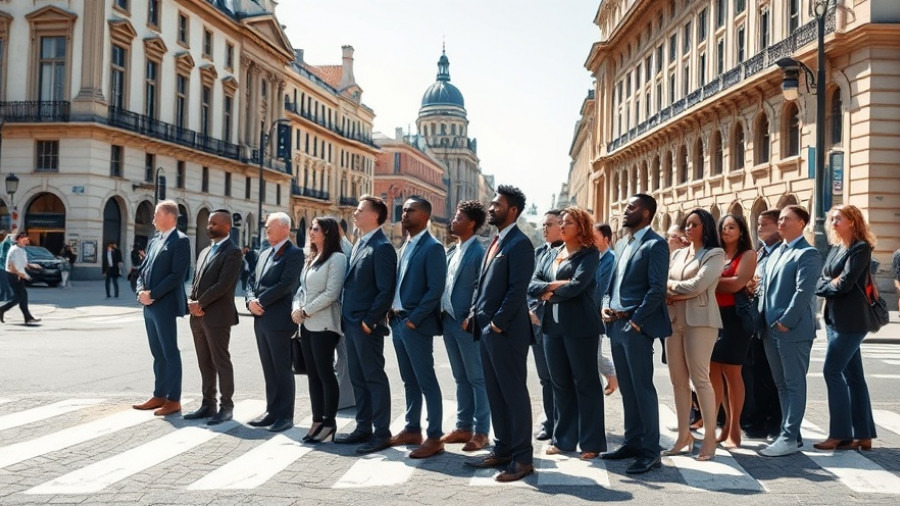
The Secret Call That Stopped Federal Troops
In a surprising turn of events, San Francisco Mayor Daniel Lurie has made headlines following his phone call with President Trump on the evening of October 22. This conversation reportedly influenced Trump’s decision to call off a planned federal immigration enforcement operation in the city, which had been met with public outcry. The mayor claims that no concessions were made during this discussion, asserting that Trump 'asked for nothing.' However, the details surrounding this call remain shrouded in mystery, as Lurie's office has withheld comprehensive information, citing attorney-client privilege.
A Week of Tensions and Federal Threats
The backdrop to this unfolding situation was a week dominated by Trump's threats to send National Guard troops to various cities, including San Francisco. Tensions escalated as federal agents prepared for an operation, gathering at a Coast Guard base in Alameda. Such federal enforcement efforts have become a hallmark of Trump's strategy, often directed at Democratic-led cities where he claims rampant crime necessitates intervention.
Influencing Factors Behind the Decision
Two major tech CEOs—Marc Benioff of Salesforce and Jensen Huang of Nvidia—played a crucial role in persuading Trump to abandon the deployment. Benioff, who had previously suggested the deployment to combat crime and homelessness, later reversed his stance amidst intense backlash. This shift underscores the complicated dynamics between tech industry leaders and federal policies, highlighting how corporate influence can sway political decisions at the highest levels.
Open Government or Hidden Agendas?
Mayor Lurie's office has faced criticism for invoking attorney-client privilege to shield details about the call. Critics, including legal experts from the First Amendment Coalition, argue that this rationale may violate public records laws unless the withheld information pertains specifically to legal advice. The nature of transparency in government dealings raises questions about accountability and the public's right to know, especially regarding significant decisions impacting local and national security.
Public Response and Community Impact
San Francisco’s community was on edge as rumors of federal intervention circulated. Protests erupted outside the Coast Guard base, with demonstrators advocating against the deployment. As tensions simmered, leaders like Oakland Mayor Barbara Lee publicly denounced the potential for militarized federal presence in their cities, fearing it would instigate division and fear rather than safety.
The Bigger Picture: Immigration Policies and Local Governance
This incident reflects broader national debates on immigration policy and local governance in the United States. Trump's militarized approach to immigration enforcement has often been criticized as a means to intimidate communities rather than effectively address underlying issues like crime and homelessness. The mayor's call with Trump highlights the delicate balance local leaders must strike when navigating relationships with federal authorities, especially in politically charged environments.
What Comes Next?
This incident raises more questions than it answers. How will Mayor Lurie’s office handle future communications with federal officials? Will they maintain transparency with the public regarding decisions that impact community safety? As San Francisco continues to grapple with challenges related to crime, homelessness, and federal oversight, the call between Lurie and Trump will likely be viewed as a pivotal moment in local-federal relations.
As citizens, staying informed and engaged with these evolving narratives is crucial. Understanding how leadership at the local level can drive change in broader national policies can empower us all to advocate for our communities effectively.
 Add Row
Add Row  Add
Add 




Write A Comment